My first job experience was a restaurant waiter in 2003. I developed my career gradually, first becoming a bartender, then a bar manager, manager of a bar network, and manager of restaurants. Then I opened my first restaurant, and then a second one. After that, I started to manage several restaurants not belonging to me (their peak number was 5). In 2010, I decided to automate working processes at one of our restaurants. I came across David Yang’s article about iiko, and the topic turned out to be close. At that moment, we had several restaurants and clearly encountered a problem with the consolidation of reporting. Then we decided to introduce a system to have a warehouse, finance and network management simultaneously under control. The result was cool. We sold this technology to another restaurant whose team we knew, and to several other ones. As a result, Open Service appeared, the first serious business which has been on for 12 years. At the moment, several hundreds of employees work for it, and from the geographical point of view, it is present in all the CIS countries. Lately, it landed in Dubai as well.
How did your path of entrepreneurship start?
Leonid Dovbenko
Founder
How did you start to deal specially with IT?
I planned to continue with restaurants on the whole, but I liked the process of automation too much. Alongside with restaurants, we had a trading company selling vodka and water to restaurants. In our restaurant group, I was in charge of accounting and sold some things to other restaurateurs. IT organically fit in. I told people who got vodka from me about how successfully we automated working processes at our restaurants, and they wanted the same. The first case was when I was telling a successful story of implementation to one restaurateur. The owner silently opened the safe, got out the money and asked, “How much is needed to do the same?” I replied, “200 thousand”, and he gave me 100 thousand telling that he would hand me another 100 when we finish. I went out from the restaurant with the money in my pocket, phoned the team and said, “Guys, we should do something”. At that time we had like nothing, and no partnership agreement with iiko either.
There are a lot of guys who start to make one business and focus on it for a very long time. Your approach can be called “entrepreneurship in a series”. How did you get there?
At some moment, I understood I wanted people to grow. I created School of Bosses inside the company, for employees to become managers, top managers, and then partners. Thus, as soon as I don’t leave the company as a founder of active manager, I limit growth opportunities for others. That’s why at some stage in the company’s life I take a decision, “Time to go”, in order to let other people develop. This approach has its pros and cons. I have a lot of businesses, but they cannot be called very big. Maybe if I had dealt with only company all my life, it would be quite bigger.
After the foundation and rapid development of DocsInBox, the next key events were the launches of iikoMiddleEast (Dubai office) and Yalla Market. Right now, our activity is focused on scaling business in the MENA region and the development of Yalla.
Can you tell about the principles that have formed over all these years and influence your decision-making?
I think that the job of CEO and founder is both very simple and very complicated. It is simple because it supposes you study certain options of what to do right now or strategically, then take a decision, and prove it is sensible to investors and employees. You do like that each day, week, and month. The dark side is that you must take this decision without sufficient information, based on your fantasies, and given all risks and responsibility. You should both understand the core subject and make forecasts which nobody wants to make. However, I believe this is the best job I have ever tried.

Links:
Why the creators of the service to help restaurants DocsInBox did not repeat the success in the UAE


Apply for participation




